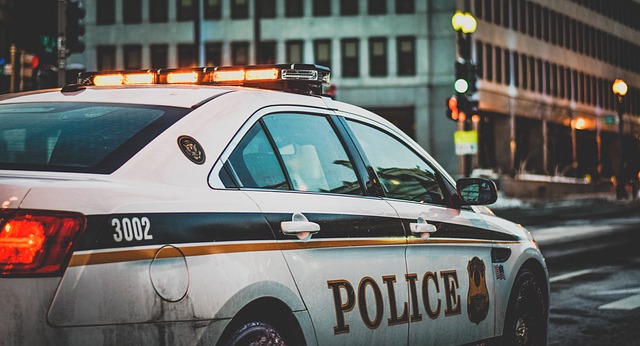
I have to imagine the bars in Fort Collins, Loveland, and Estes Park were packed Sunday with those wanting to drink some beers and watch the biggest football game of the season. Extra alcohol may have been requested to drown the sorrows of those cheering on the losing team, or as an added celebration for those whose team came out victorious. Whatever the reason behind the alcohol consumption, there were those who felt ok to drive themselves home. Then there was the person who was accused of Driving Under the Influence after getting involved in an accident. But, not just any accident. This person rammed into the back of a Denver Police vehicle. Woops! A chain effect occurred when the suspected drunk driver hit the police car, which in turn, hit the car in front of it. The driver who rear ended the Denver Police officer was taken into custody for suspected drinking and driving.
Larimer County Drunk Driving Attorney: What is the Definition of DUI?
The Colorado law definition of Driving Under the Influence – C.R.S. 42-4-1301 – is:
In Larimer, Boulder, and Grand County, a person faces DUI or Driving Under the Influence Charges if their BAC (blood alcohol content) is .08 or above. If, through a blood or breath test a person’s BAC is determined to be a .05 to .08, then most likely the lesser charge of Driving While Ability Impaired (DWAI) will be filed.
Fort Collins Drinking and Driving Attorney: How Will a DUI Charge Effect You?
There are two facets to a DUI, DWAI, or DUID (Driving Under the Influence of Drugs) case. The first is the criminal side. The penalties related to a first offense for these charges are:
- DUI/DUID – 5 days to 1 year in the Larimer County Jail, 48 – 96 hours of community service, $600-$1,000 fine and a 9-month driver’s license suspension
- DWAI – 2 – 180 days in the Larimer / Boulder County Jail, 24 – 48 hours of community service, $200-$500 fine and a 9-month driver’s license suspension
The other side of these types of cases is the DMV hearing. After your arrest, your Colorado driver’s license is technically suspended. The DMV will send you a letter stating that you are entitled to a hearing regarding your license suspension. At this hearing, the arresting officer will present the circumstances surrounding your suspension, as stated in the police reports, and you can present any mitigating factors. The hearing officer is tasked with deciding if the suspension is warranted or not.
